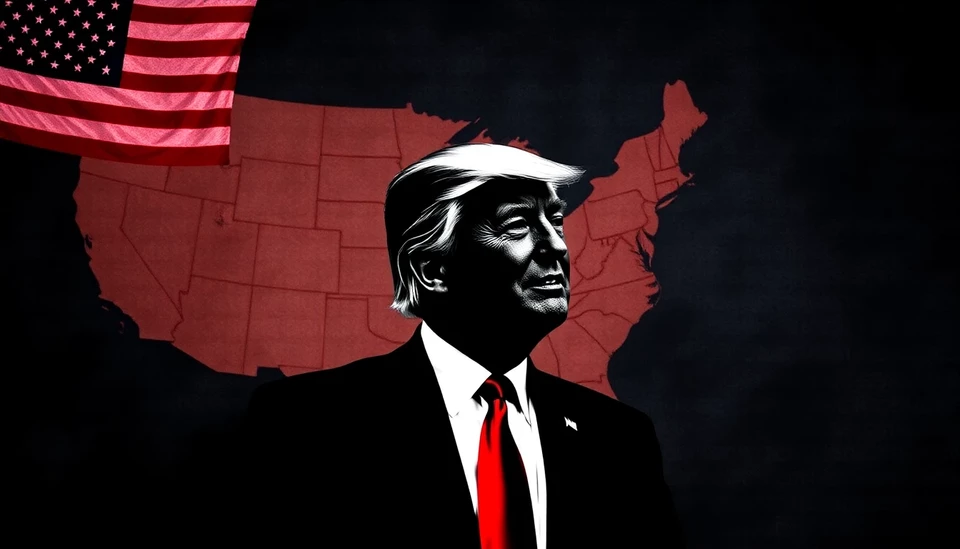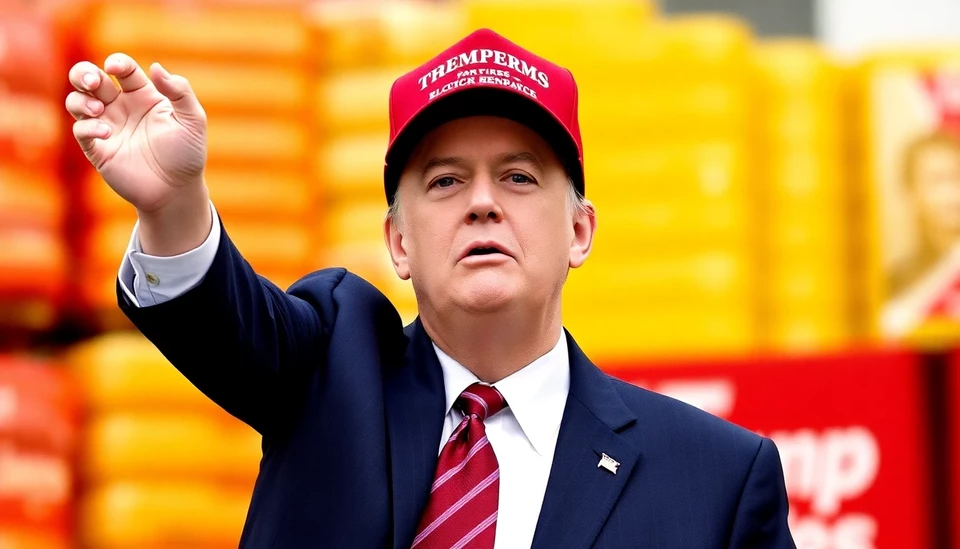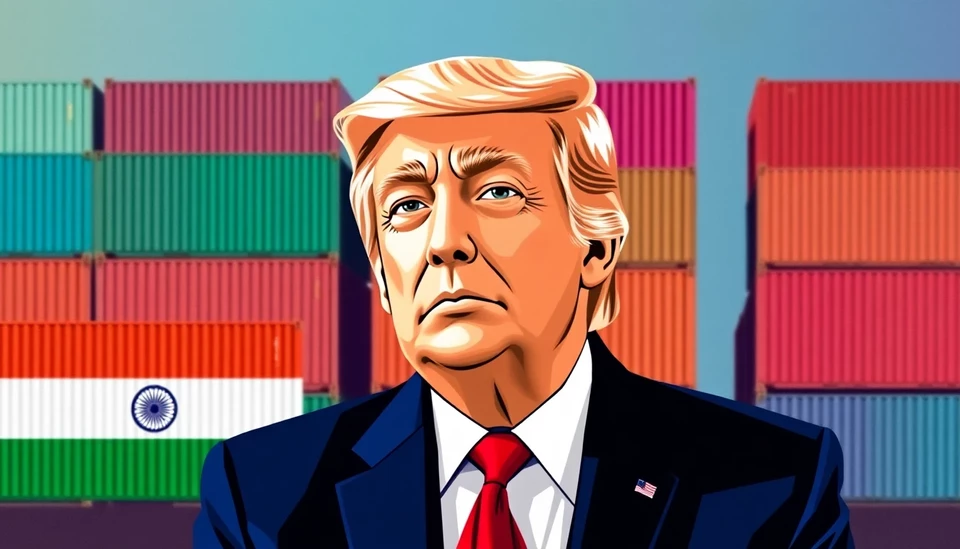
Growing fears of an impending recession in the United States have intensified as concerns mount over the ramifications of President Donald Trump's trade tariff policies. Economic analysts and industry leaders are increasingly wary that these policies, designed to protect American industries and reduce trade deficits, might inadvertently destabilize the economy.
Since the inception of tariff measures targeting various countries, particularly China, the U.S. has seen significant fluctuations in key economic indicators. These tariffs, which were initiated with the intent to boost domestic production and create jobs, have begun to show adverse effects. Industries reliant on imported goods are facing increased costs, which are subsequently passed on to consumers in the form of higher prices. Analysts suggest that such inflationary pressures could reduce consumer spending—a vital component of the U.S. economy—and trigger a contraction.
Moreover, the agricultural sector has borne the brunt of international retaliation in response to the tariffs. Farmers reliant on exports have reported diminished markets for their goods as foreign buyers turn to countries that offer more stable trade relationships. This has not only impacted farm revenues but, in turn, has rippled through rural economies, contributing to broader fears about economic downturns in those regions.
In addition, there is growing apprehension regarding the financial markets. The trade war has injected volatility into stock prices, creating uncertainty among investors who are wary of potential long-term economic ramifications. Fear of diminished corporate profits has stoked anxieties that a persistent trade conflict could eventually lead to slower economic growth or even a full-blown recession.
The Federal Reserve has actively responded to these pressures by adjusting interest rates in an attempt to maintain economic stability. However, with inflation on the rise, the central bank faces a challenging balancing act in its monetary policy—aiming to support economic growth while curbing inflation. As interest rates fluctuate, businesses may hesitate to invest, further compounding economic risks.
Many economists are now predicting an increased likelihood of a recession occurring within the next 12 to 18 months if current trade policies persist. The fear of recession is not merely a theoretical concern; it carries real implications for U.S. employment, business investment, and overall economic health. As President Trump continues to champion his aggressive trade strategies, the forthcoming months will be crucial in determining whether these policies will yield the intended economic benefits or drive the nation into a recessionary period.
As discussions around economic strategy heat up, both businesses and consumers watch with bated breath for any shifts in trade policy that could signal a change in direction or a potential easing of tensions on the global trade front.
In summary, while Trump's trade tariff policies have aimed to bolster American industries, they also pose significant risks to the economy as concerns over a possible recession grow. The interplay of tariffs, international relations, and economic indicators will remain a critical focal point for economists and policymakers alike in the upcoming months.
#TrumpTradePolicy #USRecession #EconomicConcerns #TariffsImpact #FinancialMarkets #FedPolicy #InflationConcerns
Author: Laura Mitchell


